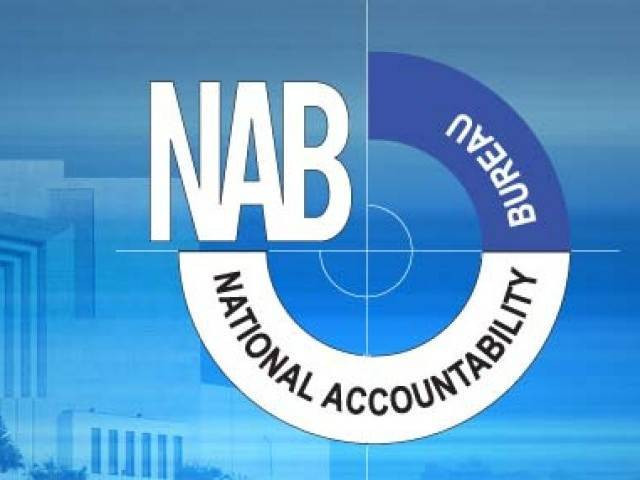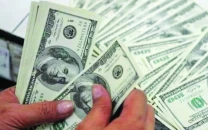Curbing graft: SC restrains NAB chief from approving voluntary return
Says such schemes only boost corruption

PHOTO: FILE
The bench – headed by Chief Justice Anwar Zaheer Jamali – was hearing a suo motu case in NAB’s plea bargain and voluntary return provisions. Section 25(a) of the National Accountability Ordinance 1999 empowers the NAB chief to let an accused go without any stigma after he or she returns a portion of the embezzled money.
The bench sought a list of people who have entered into voluntary return on embezzled money. Those who have availed the window should be proceeded against, so that they could not hold public office in the future, it added.
The bench also ordered the NAB prosecutor general to provide details of the amount received in voluntary return that the bureau has deposited in the national kitty.
Justice Ameer Hani Muslim said the voluntary return provision was extended to NAB with a view to eradicating corruption from society, but it had instead encouraged it. He said through Section 25(a), NAB has provided ‘inroads’ to multiply corruption, adding that in the first instance they would stop the chairman from exercising this power.
Justice Sheikh Azmat Saeed said the provision that was meant to be used rarely has opened a bazaar, allowing people to indulge in corruption and later on enter into voluntary return and pay a small portion of the ill-gotten wealth and go scot-free.
“This is unheard of in the whole world that letters are being written to the accused and they are given the option of voluntary return,” he said. “A person can visit a NAB office, settle the matter over a cup of coffee, and save his job.”
The court observed that many MNAs, MPAs and high-ranking officials opt for voluntary return without losing their jobs.
According to a NAB report, submitted during the last hearing, 1,584 civil servants have entered into voluntary return and deposited Rs2,022 million. Out of the total, only 165 are federal government employees, while the rest are employees of provincial governments.
Justice Muslim said acquitting an accused is judicial in nature and cannot be vested to the executive, especially when it entails punishment. He said if a person made corruption of say Rs200 million, but pays Rs200,000 or Rs50,000 to NAB through voluntary return, then he goes scot-free.
Justice Azmat said if the FIA or the anti-corruption establishment arrested an officer for taking bribe, then either he gets acquitted or punished, but in case of NAB, the accused can avail the voluntary return window.
Attorney General Ashtar Ausaf Ali said the voluntary return provision was inserted later on as it was not envisaged in the original law.
The court inquired from NAB Prosecutor General Waqas Qadeer Dar that how many people have availed the voluntary return facility to which he replied that he did not have the exact information.
Upon that Justice Muslim remarked that 80% people who NAB had exonerated are still holding their offices and exclaimed “you didn’t have the information”.
Dar informed the court that there is a standard operating procedure to availing the voluntary return window and said a person, who enters into voluntary return, has to pay 34% of the embezzled amount in the beginning, adding that the bureau also writes to his department about the agreement.
The case is adjourned till November 7.
Meanwhile, the same bench while hearing a case relating to illegal appointments in the anti-corruption watchdog directed NAB to submit complete record of the employees who had joined the bureau on deputation but were later absorbed in it and given promotions.
Justice Muslim said the NAB Employees’ Terms and Conditions of Services (TCS) Rules 2002 and Section 28 of the NAO 1999 are contrary to constitutional provisions. He said the directors general who had joined NAB on deputation had been absorbed without appearing in any competitive examinations, which he added is unlawful.
The hearing was adjourned till November 2.
Published in The Express Tribune, October 25th, 2016.



















COMMENTS
Comments are moderated and generally will be posted if they are on-topic and not abusive.
For more information, please see our Comments FAQ